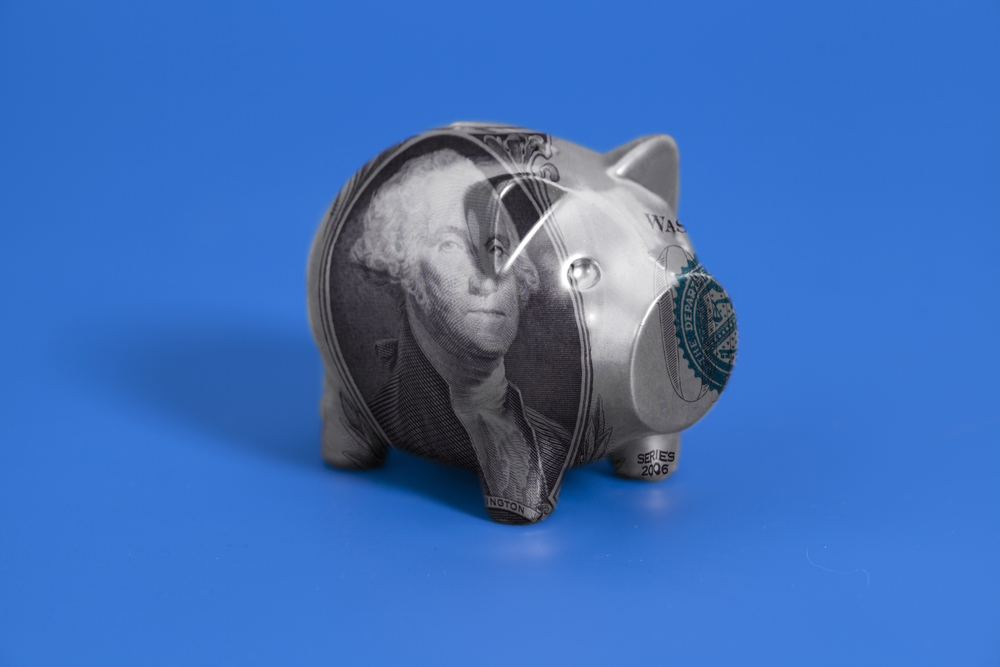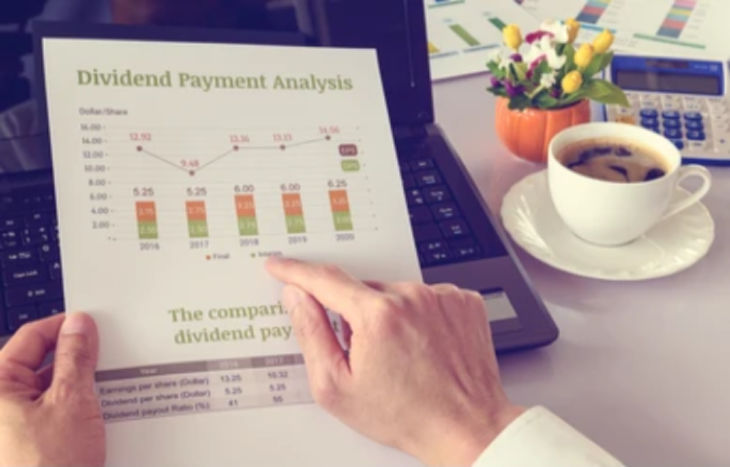In macroeconomics, the “circular flow of income” refers to the continuous flow of money between producers and consumers in the economy. Producers provide goods and services to consumers, who in turn pay for them. Producers then use this revenue to pay employees and suppliers, who become consumers themselves when they spend their incomes, and so on in a virtuous cycle.
Within this circular flow, some economists see savings as problematic, since saving effectively takes money out of the circular flow. However, saving is also important to provide funds for investment, which will spur future consumer spending at a later date. It is primarily hoarding of cash that is problematic and removes funds from the cycle.
But there is another kind of “leakage” from the circular flow system that often goes overlooked: this is the leakage of unpriced benefits that consumers receive from market transactions. While money spent to make a consumer experience more delightful will have a corresponding receipt as it forms income for another individual, it may also entail an efficiency loss in that aggregate income would have been higher had the spending gone toward some other purpose.
Consider the example of an auto mechanic that spends money on free coffee for customers while they wait for their cars to be repaired. Although the activity does provide income for the coffee company, the payment also results in an efficiency loss in that resources devoted to coffee could have been invested in more productive business activities that reduce costs, generate revenue, or increase output for the firm.
This lost efficiency applies to unpriced consumer surplus more broadly. Consumer surplus refers to the difference between the price a consumer pays for something and the maximum they would have been willing to pay. For instance, if one spends $300 at an auto mechanic, but would have paid up to $400 due to the trustworthiness of the mechanic, that person has received $100 of consumer surplus.
Imagine a bank goes above and beyond for clients by placing ATMs in convenient locations. Even if this maximizes profits by attracting customers, it can still be economically inefficient compared to a world where either those resources were used to expand bank loans or where consumers ultimately didn’t value such extravagances and were willing to walk a few more blocks to withdraw cash. Imagine an enterprising firm could capture some of this surplus. For example, landlords could install a small toll at the location of convenient ATMs.
Some might argue this just redistributes surplus from consumers to producers unnecessarily. Some consumer surplus constitutes financial savings that can otherwise be redirected toward other parts of the economy. While this may be true at the microeconomic level, at the aggregate level some surplus still escapes the system in the form of unpriced consumer benefits. These “savings” can’t be spent as there is no more income left to pay for them. They are similar, in some but not all respects, to the hoarded funds that “leak” out of the circular flow system. Looking at the situation holistically demonstrates there are aggregate social benefits from converting some surplus from unpriced into priced form.
An example may make the point clearer. When companies like Walmart keep prices steady rather than raise them during natural disasters, they are essentially providing a free benefit to consumers in the form of “fairness.” But this benefit has a downside from the standpoint of efficiency–output of essentials could have been higher with surge pricing, benefiting society overall. Extending goodwill to customers by holding prices steady may win their loyalty and may even be profit-maximizing for Walmart, whose customers might otherwise shop elsewhere if they perceive unfair treatment. But maintaining artificially low prices is still inefficient compared to a world with more toilet paper, bottled water, and other necessities.
The example reveals a kind of market failure. Effort exerted by competing to provide unpriced benefits to consumers (like exceptional service or “fair” no-surge pricing) comes at the expense of greater market output and investment. Higher output generates higher incomes, and in the long run more consumer benefits.
The problem may be obvious during disasters, but a more general form of the issue occurs at nearly all times. Imagine if companies added fees for parking, restrooms, or other conveniences. Or imposed surge pricing or “peak load pricing.” These nickels and dimes would add up and would ultimately also create consumer satisfaction when they are redirected back toward additional production, boosting incomes and growth. Utility, by contrast, can’t be invested in any account.
Business practices that extract consumer surplus through price discrimination, reduced quality, hidden fees, and nickel-and-diming pricing strategies can ultimately benefit society by funneling money into production instead of wasteful perks. Although these practices may anger consumers, their anger is misplaced because these practices serve the greater good. In fact, it would be better if consumers didn’t have such preferences. The lower-quality goods and fewer free benefits consumers receive are outweighed by the higher real incomes earned over time economy-wide.
This lesson has practical policy implications. President Biden has an ongoing campaign to eliminate “junk fees.” A new law also recently passed in California that targets “drip pricing” that occurs when paid prices deviate from advertised prices. These policies will probably only serve to exacerbate existing inefficiencies. Besides being difficult to eradicate because companies find ways around restrictions, junk fees like hotel resort charges or airline fees are often just creative price discrimination methods that efficiently transfer some consumer surplus back to businesses. Although voters and consumers may find these fees frustrating, their frustration is due to a lack of economic understanding. Don’t be surprised when opportunistic politicians seek to take advantage of this ignorance for their own personal gain.
Of course, excessive fees or miserly service can certainly go too far and be counterproductive. If safety is undermined excessively, lives could be lost that would contribute productively to the economy. Moreover, penny-pinching on the part of consumers can also be socially beneficial. And if convenience is sacrificed too much, consumers might undertake additional costs to avoid hassles. But consumers generally gain more over time from rising real incomes than from temporary perks and freebies. Thus, businesses should feel emboldened to modestly cut corners and charge incremental fees when doing so maximizes their returns—even when it comes at the expense of some consumer welfare. Furthermore, consumers should learn to tolerate such minor inconveniences, recognizing these practices ultimately fuel growth, which benefits everyone in the long run.
James Broughel is a Senior Fellow at the Competitive Enterprise Institute with a focus on innovation and dynamism.
















